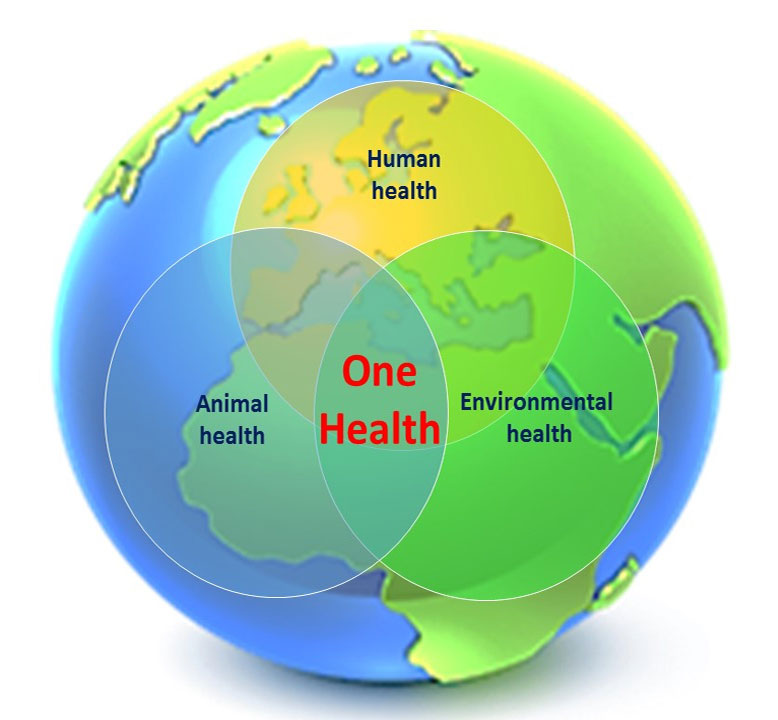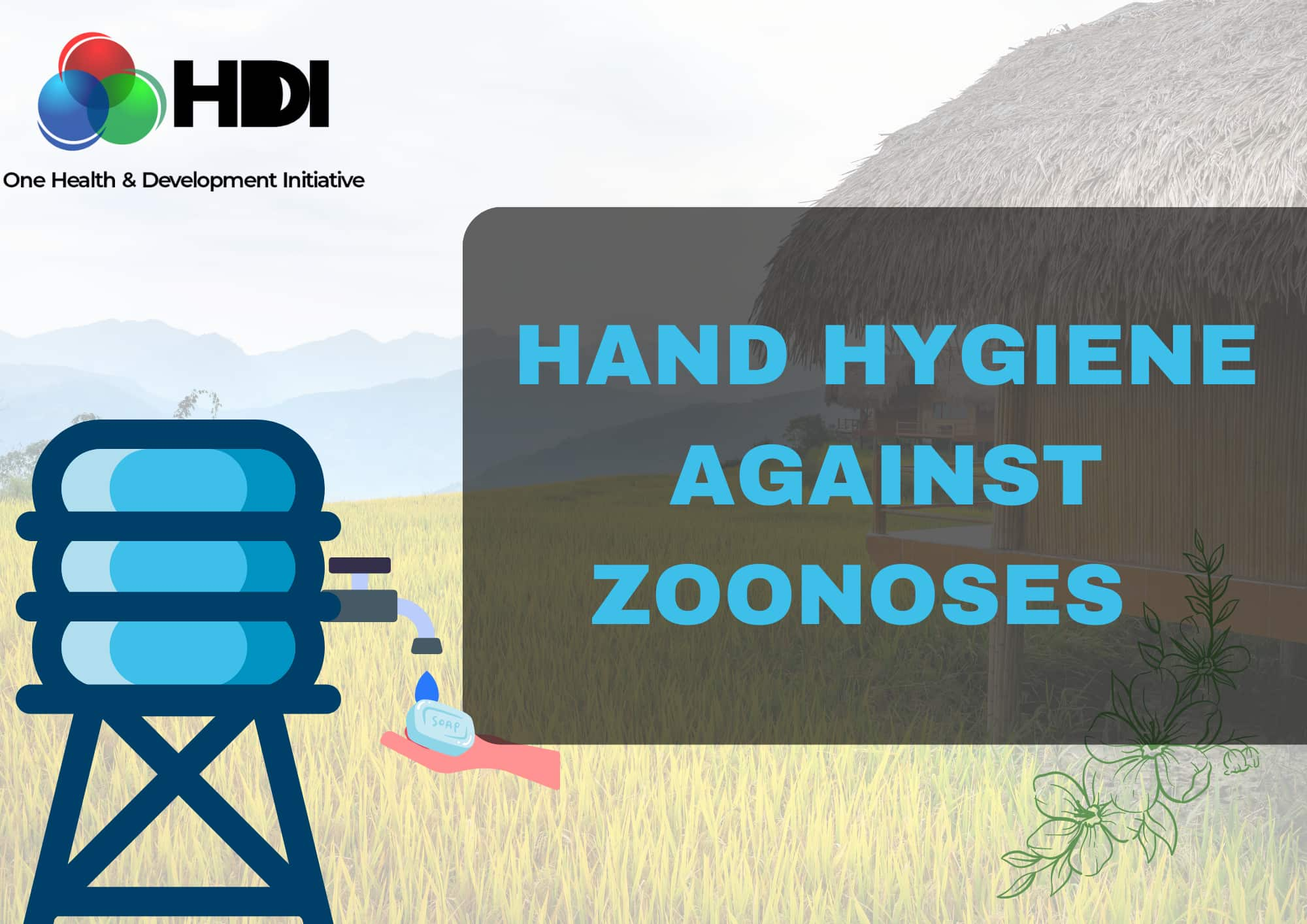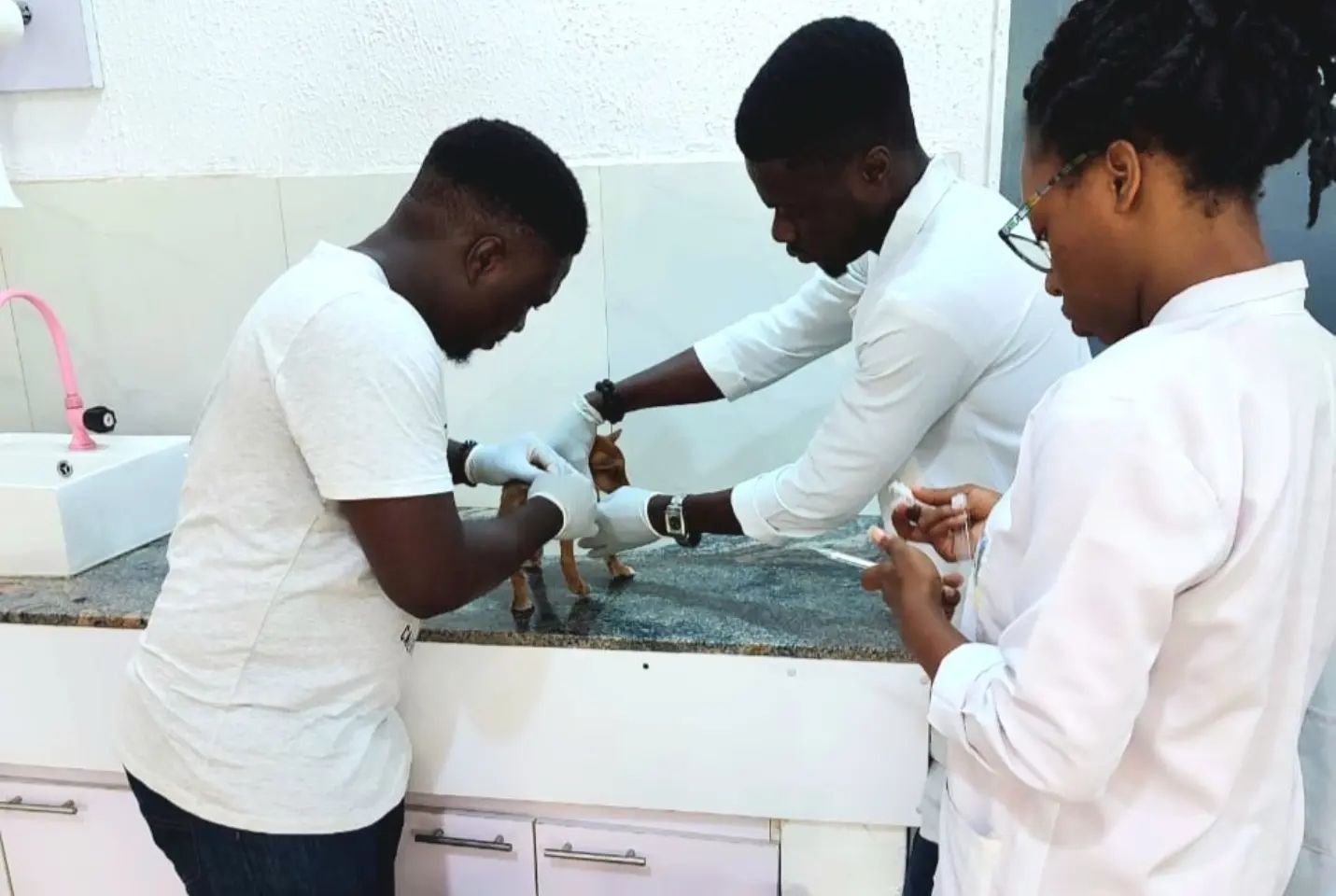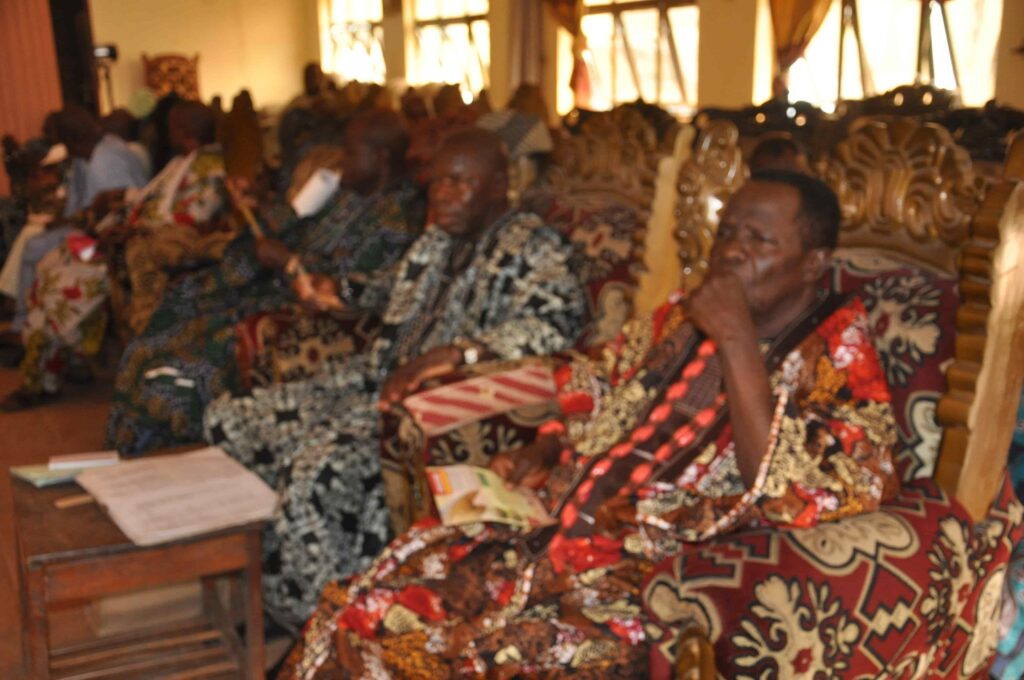
The first months of 2024 were largely taken up by efforts on pangolin conservation. Our interventions came as a buffer to the sharp decline of the pangolin population in Nigeria. Activities such as animal trafficking, wildlife trade, habitat destruction among other factors were of key concern to us. Together with the Pangolin Conservation Guild Nigeria, we sought to increase knowledge levels of key pangolin protection duty bearers in communities.
The support of the Chicago Zoological Society (Chicago Board of Trade for Endangered Species Fund) enabled us to reach the Ikire community in Irewole Local Government Area (LGA), in Osun State. With this support, we were also able to reach the Ikoyi-Ile community in Oriire LGA in Oyo State. In Irewole LGA we conducted the Pangolin Conservation School outreach to First Baptist Group of Schools and Miracle International School. In Oriire LGA, we conducted school outreach to Ikoyi Grammar School, Tewule Grammar School, and Community Grammar School.
For the Ikire Community in Irewole LGA, we also conducted the Pangolin Conservation Community Outreach for the Ikire Council of Obas and Bales.
Here are the details for each of the outreaches.
The Pangolin Conservation School Outreaches in Irewole and Oriire LGAs
On February 8th 2024, together with Pangolin Conservation Guild Nigeria, we were able to reach the Ikire Community in Irewole LGA where we met a total of 1,101 students with information on pangolin conservation. 654 students were from First Baptist Group of Schools while Miracle International School had a representation of 144 students. At Ikoyi-Ile community in Oriire LGA, we spoke to a total of 2,205 students, 810 students from Ikoyi Grammar School, 195 from Tewule Grammar School, and 1200 from Community Grammar School intimating them on the need to conserve Pangolins.
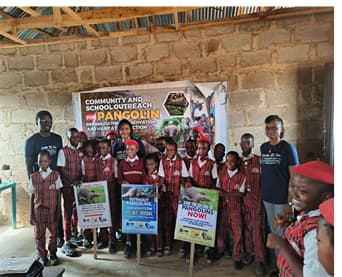
Our intention was to increase the pangolin conservation knowledge levels of students in the Irewole and Oriire Local Government Areas. We did so through a number of techniques which included conservation education sessions, documentary edutainment, and dissemination of Information, Education, and Communication (IEC) materials. All these were age-appropriate to all students as some of the materials had translated messages in Yoruba -the majority language in that area. This enabled us to effectively pass on pangolin conservation messages to all students in these schools.
The messages on pangolin conservation that were shared with the students emphasized the importance of pangolins to the ecosystem, the risks they face which include poaching and illegal trade, and how they (students) can be advocates for pangolin conservation in their communities. While the future is uncertain for the continued existence of pangolins, it is however clear that a few of those students with whom information on pangolin conservation was shared can challenge or refrain from involvement in all unethical actions against pangolins in their communities.
The Ikire Pangolin Conservation Community Outreach
Coming from the pangolin conservation school outreach in Ikire, we set foot to the Akire Palace, at Ikire Community in Irewole Local Government Area in Osun State. On the 12th of February 2024, we met a total of 130 prominent stakeholders in Ikire Community including the Community King. Among other people that had gathered for the pangolin conservation outreach included the Ikire Community Chiefs, community leaders, and Baales from 45 villages.
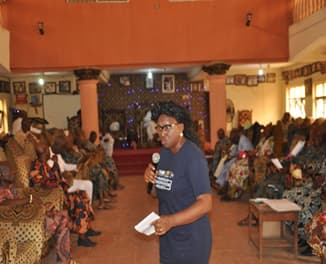
Like that of the others, the presence of the Baales was significant given the nature of economic activity that they engage in –hunting. With key concerned parties converging, it was a great opportunity for us, in accompaniment of the Pangolin Conservation Guild Nigeria, to engage them on pangolin conservation. Different from the school outreach, here we went deeper into aspects that infused pangolin conservation with the Yoruba people. Extensions to this discussion touched the legal perspective of wildlife trade activities in Nigeria, pangolin trade in particular.
This meeting had consideration for all attendees as the modes of delivery had both English and Yoruba language elements. To ensure that all people were on the same page with the discussions on pangolin conservation, the IEC materials that were distributed were translated to Yoruba Language. Additionally, the switch of languages from English to Yoruba was done to ensure all participants duly followed through the entire conversations.
The community chiefs in attendance appreciated these pangolin conservation interactions they were involved in, and also commended our efforts and initiatives. This in turn signalled to us a committed, yet empowered body of key community duty-bearers. It communicated to us a community structure in Ikire Community which can challenge the trade, poaching, habitat destruction, and other unethical actions against the pangolins.
Next Steps
The work we are putting towards limiting the declining population of pangolins is never stopping. We intend consistent staging of high-impact activities in areas where pangolin trade, and habitat destruction is rampant. Our work on this front is not only an effective solution to check the increasingly declining pangolin population, but equally for better environmental health outcomes.

